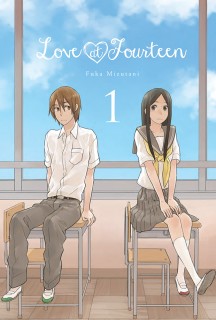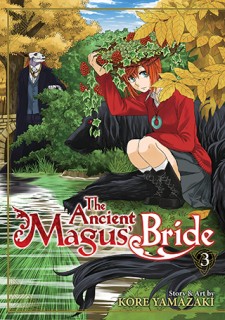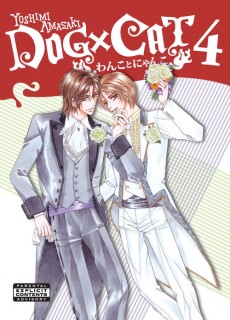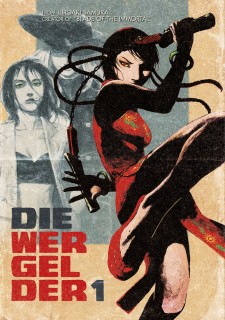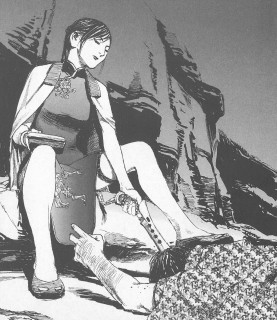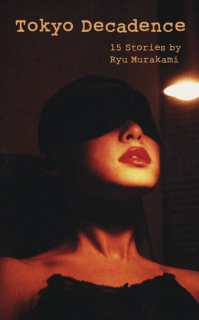 Author: Ryu Murakami
Author: Ryu Murakami
Translator: Ralph McCarthy
U.S. publisher: Kurodahan Press
ISBN: 9784902075786
Released: March 2016
Original release: 1986-2003
Ryu Murakami is a fairly prolific and multi-talented creator. In addition to being an author, he is also a filmmaker and has been involved in the music industry as well. Several of Murakami’s novels have been translated into English, many of them by Ralph McCarthy, including Audition and Popular Hits of the Showa Era which were my introduction to Murakami’s work. McCarthy is also responsible for compiling and translating Tokyo Decadence: 15 Stories, a sort of best-of collection bringing together fifteen of Murakami’s short stories originally published in Japan between 1986 and 2003. Nine of the stories had previously been translated and released in a variety of different periodicals, but the translations have been revised for their inclusion in Tokyo Decadence. The remaining six are being published in English for the first time. Published by Kurodahan Press in 2016, I was fortunate enough to be selected to receive an advanced copy through LibraryThing’s Early Reviewers program.
The fifteen stories included in Tokyo Decadence are selected from five of Murakami’s short story collections and are presented chronologically. “Whenever I Sit At a Bar Drinking Like This,” “I Am a Novelist,” “It All Started Just About a Year and a Half Ago,” and “Each Time I read Your Confession” are from Run, Takahashi! and are all at least tangentially related to the baseball player Takahashi Yoshihiko. (It was this collection that seems to have ignited McCarthy’s passion for Murakami’s work.) The stories from Topaz—”Topaz,” “Lullaby,” and “Penlight”—are about call girls while the stories from Ryumiko’s Cinematheque—”The Last Picture Show,” “The Wild Animals” and “La Dolce Vita”—would appear to be at least semi-autobiographical. “Swans,” “Historia de un Amor.” “Se Fué,” and “All of Me” are taken from Swan, and most have something to do with Cuban dance and music and even share a few characters. Tokyo Decadence closes with the titular story from the collection At the Airport.
Having previously read some of Murakami’s work, I was rightfully prepared for Tokyo Decadence to be engaging while revealing a viciously dark sense of humor and dealing in gut-churning blood and gore. What I didn’t expect was that some of the stories, or at least parts of those stories, would be legitimately charming, compelling, and even occasionally heartwarming. Among the tales of gruesome murder, insanity, lust, obsession, and a myriad types of abuse are moments of love and humanity. That being said, Tokyo Decadence is very much a graphic and explicit collection of mature short stories, often disturbing and dark with very few characters who are anything but self-absorbed or self-indulgent. The stories are well-written, but the warped depravity and intensely twisted psychology exhibited will certainly not be to every reader’s taste and will likely offend or be found off-putting by many.
Surprisingly, Tokyo Decadence starts in a fairly lighthearted vein before delving into its more devastating and grotesque aspects. The portrayals of the various characters in the collection aren’t particularly flattering. Many of them are rather disturbed individuals, making Murakami’s use of first-person narration especially discomfiting. Interestingly, quite a few of the stories are actually seen from a woman’s perspective. This of course doesn’t soften the seedier nature of Tokyo Decadence which is quite frank in its exploration of sex and violence, the two subjects often closely intertwined with each other. Although some of the stories arguably lose some of their impact out of context from their original collections, overall I found Tokyo Decadence to be an interesting, engaging, and varied anthology; I would be very curious to read more of Murakami’s short fiction in translation.
Thank you to Kurodahan Press for providing a copy of Tokyo Decadence for review.

